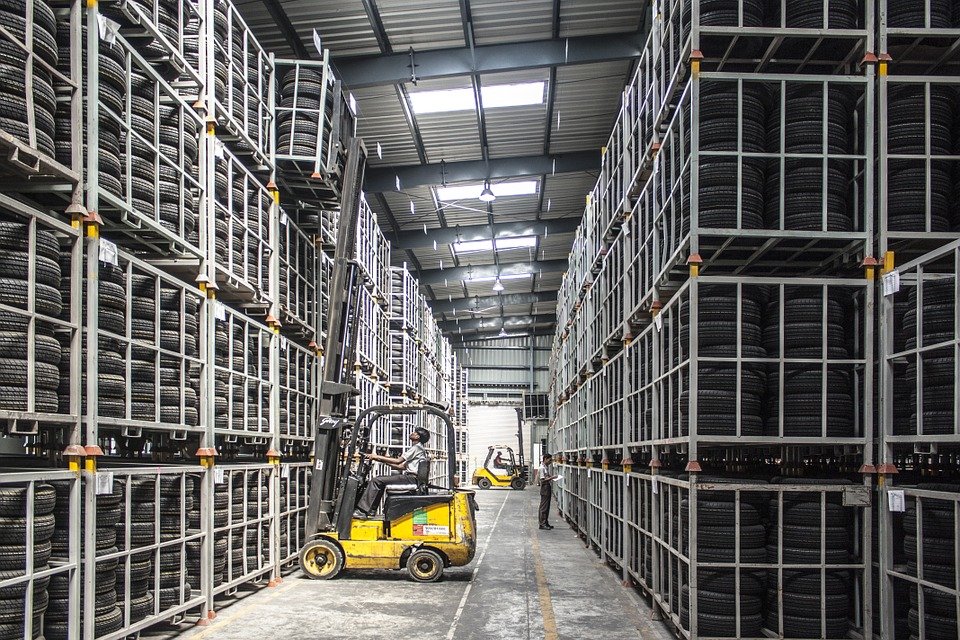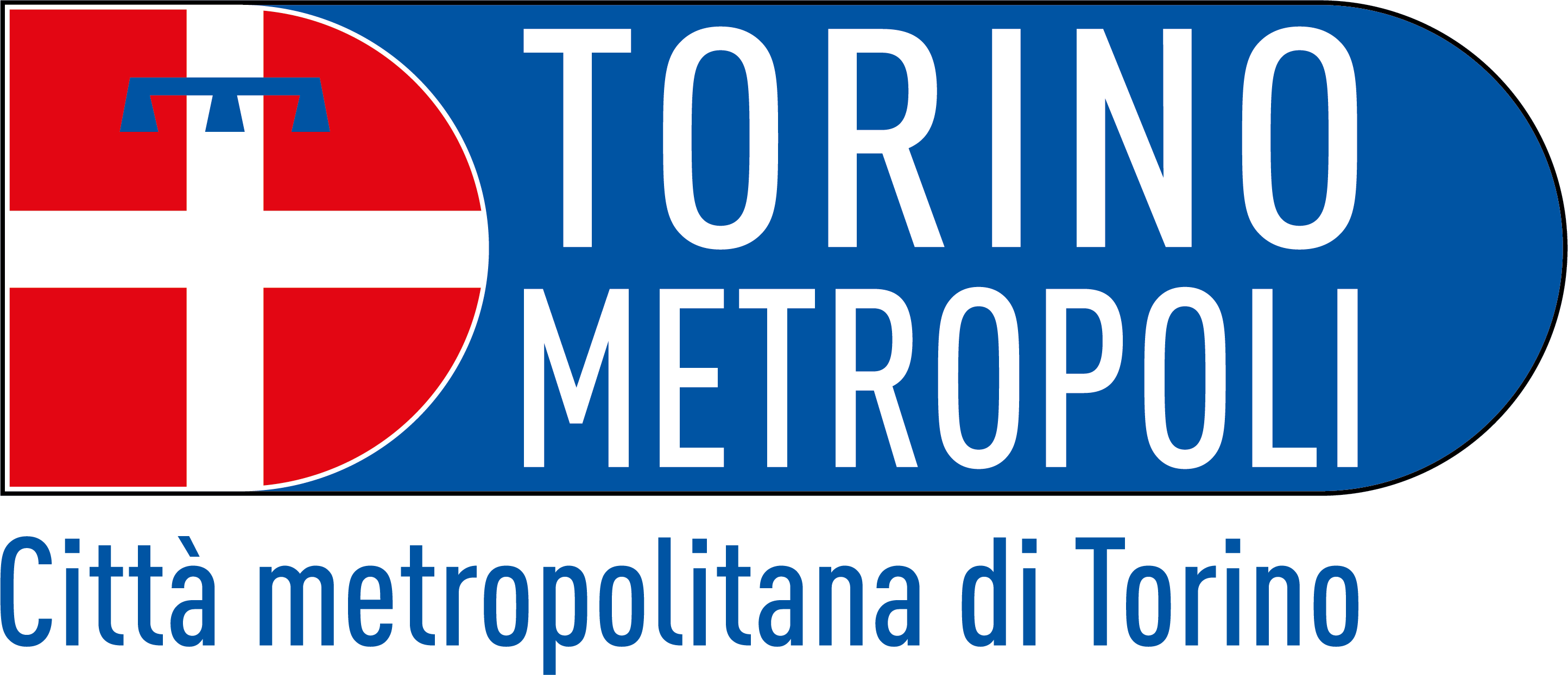
The European Union, in an attempt to make our economy more sustainable and green, has adopted a new action plan to facilitate and speed up the transition to a circular economy, which is one of the main elements of the European Green Deal.
The circular economy consists, unlike the linear model, in the establishment of a system that maximizes the life of products and materials through reuse, sharing and recycling, thus reducing the amount of waste produced. Furthermore, in this model also waste should be reintroduced, whenever possible, in production cycles, generating additional value.
The results of these policies should be, in the short term, to reduce the amount of waste produced and, in the long term, to fully involve the manufacturing companies to use new materials that do not generate waste.
Although the model is not yet widely spread, we are starting to see interesting examples in the business to business (B2B) sector for the packaging segment. In fact, it is possible to observe more and more the networks formed between different companies that share and exchange reusable materials and packaging with each other. By doing so, packaging such as wooden pallets, aluminum cylinders and paper packaging can be reused several times, reducing the amount of waste produced, as well as the costs and environmental impact of the transport of goods.
A project of this type takes place in Turin and is called “Abbasso Impatto”, managed by the Verdessenza cooperative. This is a circular and collaborative economy project that reduces the environmental impact of its members and reduces their costs. On the one hand, private companies of various sizes and public entities are united, and collective orders are placed for a large variety of products, thus reducing the environmental impact of transport, and obtaining reduced costs thanks to group purchases. On the other hand, the producers chosen are controlled, local or with a short supply chain, and many of them are solidarity projects.
